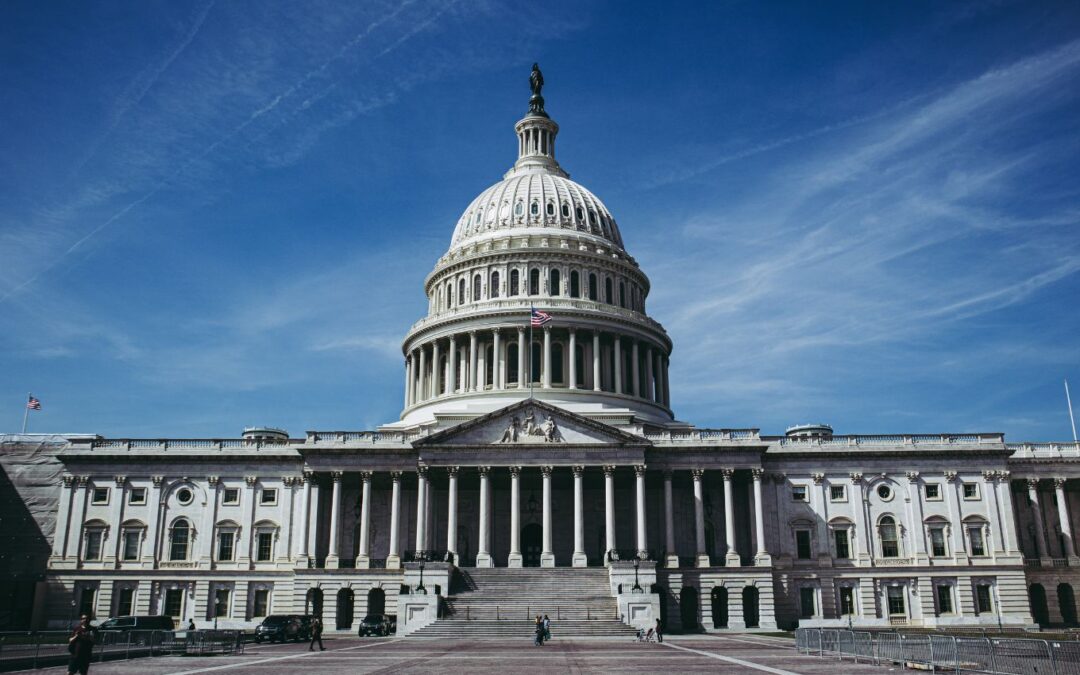In the 2026 fiscal year, 37 percent of all government revenue in Minnesota will come from Washington, D.C. Despite heavy panic, the federal government shutdown currently underway is unlikely to disrupt the flow of these funds, the majority of which are for Medicaid, a mandatory program that will continue operating.
What the reaction to the shutdown reveals, however, is a larger problem: the federal government has grown too big. Questions swirling particularly about the shutdown’s impact on the economy and state budgets are a sign that Washington has entangled itself in areas that should be managed closer to home.
Unless Congress pursues serious reform, Washington, D.C, will continue to exert an outsized impact on the economy and state budgets, which have become dangerously dependent on the federal dollars.
The growing dependence on Washington, D.C.
According to the National Association of State Budget Officers (NASBO), federal funds, on average, accounted for over a third of all state expenditures in 2024. While down from the pandemic years, this is among a historic high.
Before the Great Recession, federal funds accounted for approximately a quarter of state expenditures. Spending hikes during the Great Recession and the coronavirus pandemic have pushed federal grants above 30 percent of state expenditures.
Figure 1: Average Share of State Spending Funded by Federal Funds

In Minnesota, federal grants consistently constituted a quarter or less of total revenues before the Great Recession. That share started to grow significantly in 2009. In 2022, federal grants accounted for 37 percent of total revenue, and will remain elevated through 2029.
Figure 2: Federal Grants as a Share of Total Revenues, Minnesota

States’ growing dependence on D.C. is problematic for several reasons.
First, shifts in federal policy generally introduce risk to state budgeting. That risk is elevated when federal funds account for a substantial share of state budgets. Additionally, many federal dollars are earmarked for specific purposes, effectively shifting state decision-making power to Washington, D.C., where reform is harder and the politics are less responsive to the people.
While the actual impact of the shutdown may be limited, especially if brief, states have clearly ceded too much control to the federal government. Federal budget decisions will continue to shape state budgets far more than they should, for better or worse. The recently enacted Big Beautiful Bill is proof of that reality.

